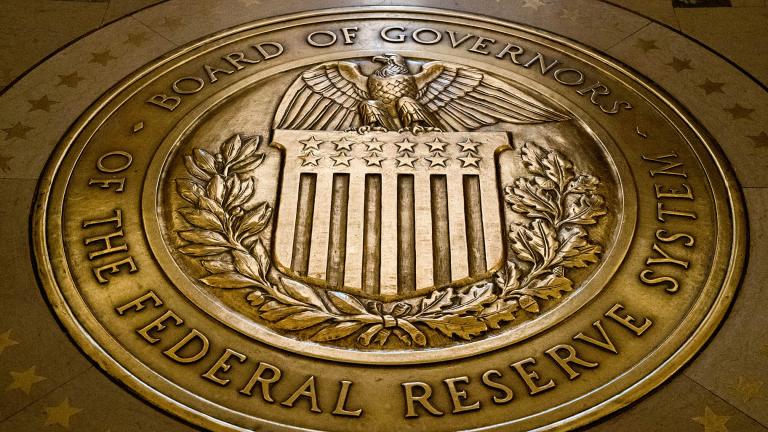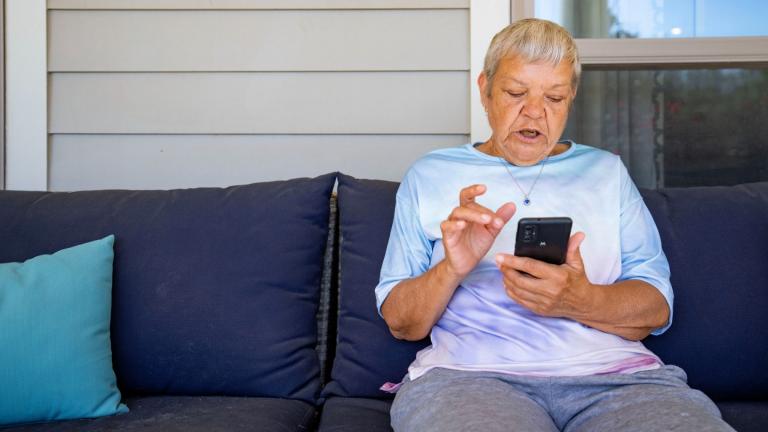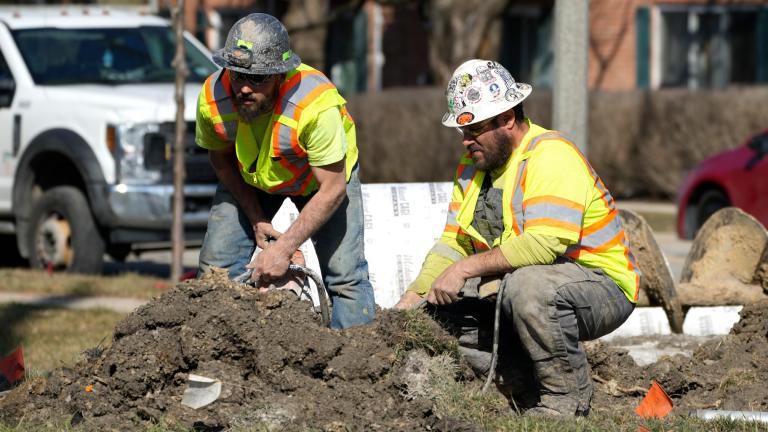Inflation rose 7.9% last month compared to February 2021, and is at the highest level since 1982, according to the U.S Bureau of Labor Statistics.
Increases in the cost of food, gasoline and shelter were the largest contributors to the rise of inflation.
While the increase in the cost at the pump — or in the check-out line — impacts everyone, those who were already operating on a tight budget may be feeling the impact most acutely.
Marillac St. Vincent Family Services operates two food pantries in Chicago: one on the West Side in Garfield Park and the other on the North Side in Lincoln Park. In the month of February alone, the organization saw a 16% increase in usage of the pantry.
“They’re seeing whether it’s a can of corn or toiletries, shampoo, etcetera is so much more expensive. And, they’re trying to buy gas to get back and forth to work. Because that’s so expensive, the areas where they have to cut back are some of the personal items,” said Pete Beale-DelVecchio, CEO of Marillac St. Vincent Family Services.
Some of the organization’s clients are now having to make difficult decisions about what to prioritize. Beale-DelVecchio says one client has had to forgo his cellphone to afford his energy bills.
Roxanne Nava says clients at the Metropolitan Family Services’s North center in Belmont Cragin are also making tough decisions.
“They’re just trying to survive… You’re working three part time jobs. You have to get to those jobs. So you’re thinking, ‘Is that gasoline price to get to work worth it,’” said Nava, the executive director of the Belmont Cragin location. “But, you really have no other choice, you just have to figure out how to make it work. There are very tough decisions that are being made on paying for work, transportation, food, rent and utilities.”
The area was already among the hardest hit from the health impact of the pandemic, Nava said.
Nava says the city, county and state-level governments have been a good partner in addressing the needs in the community.
As the weather warms up, Beal-DelVecchio says energy bills should lighten. He says Marillac will continue to work with the Greater Chicago Food Depository, along with donors to help meet the need.
Even so, the rise in prices continues to have an effect on Marillac’s clients, both a financial and a mental and emotional impact, he said.
Nava says that while it is a difficult time, her clients are resilient.
“We know it’s a very tough road and they see themselves in very, very difficult situations,” Nava said. “But I’ll tell you what we see is we see the potential. We see what is possible, and that’s really the strength that we see in our clients.”








